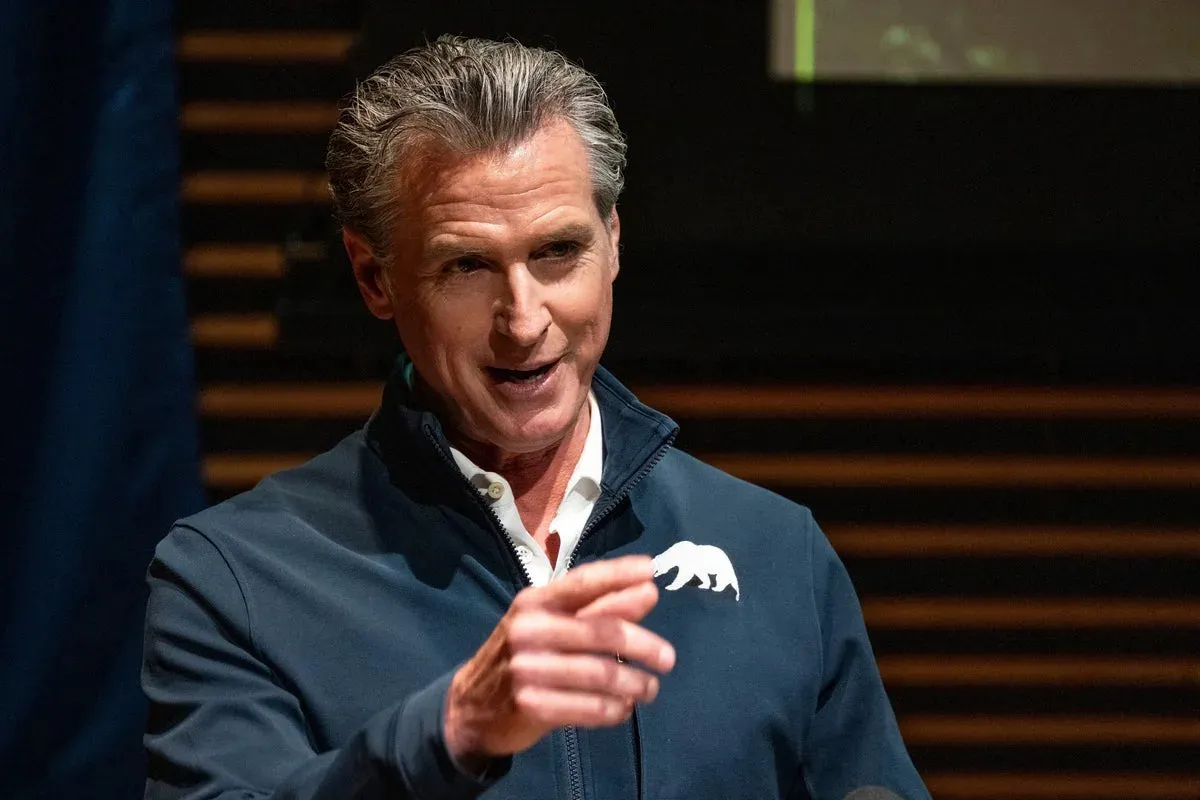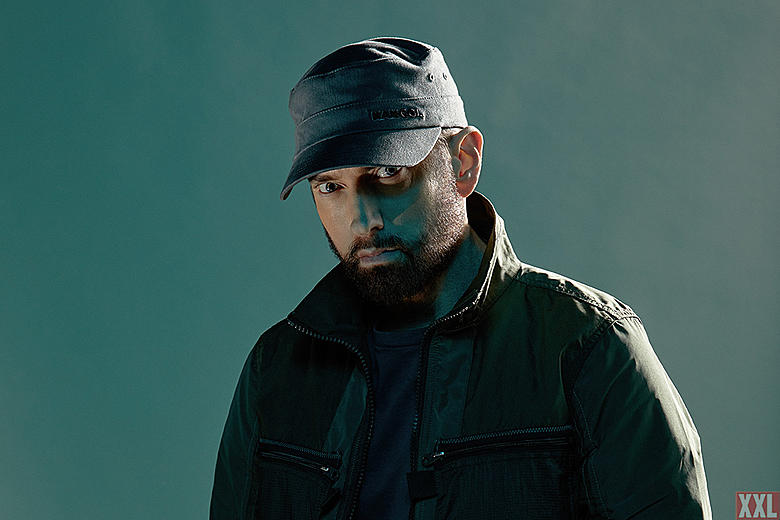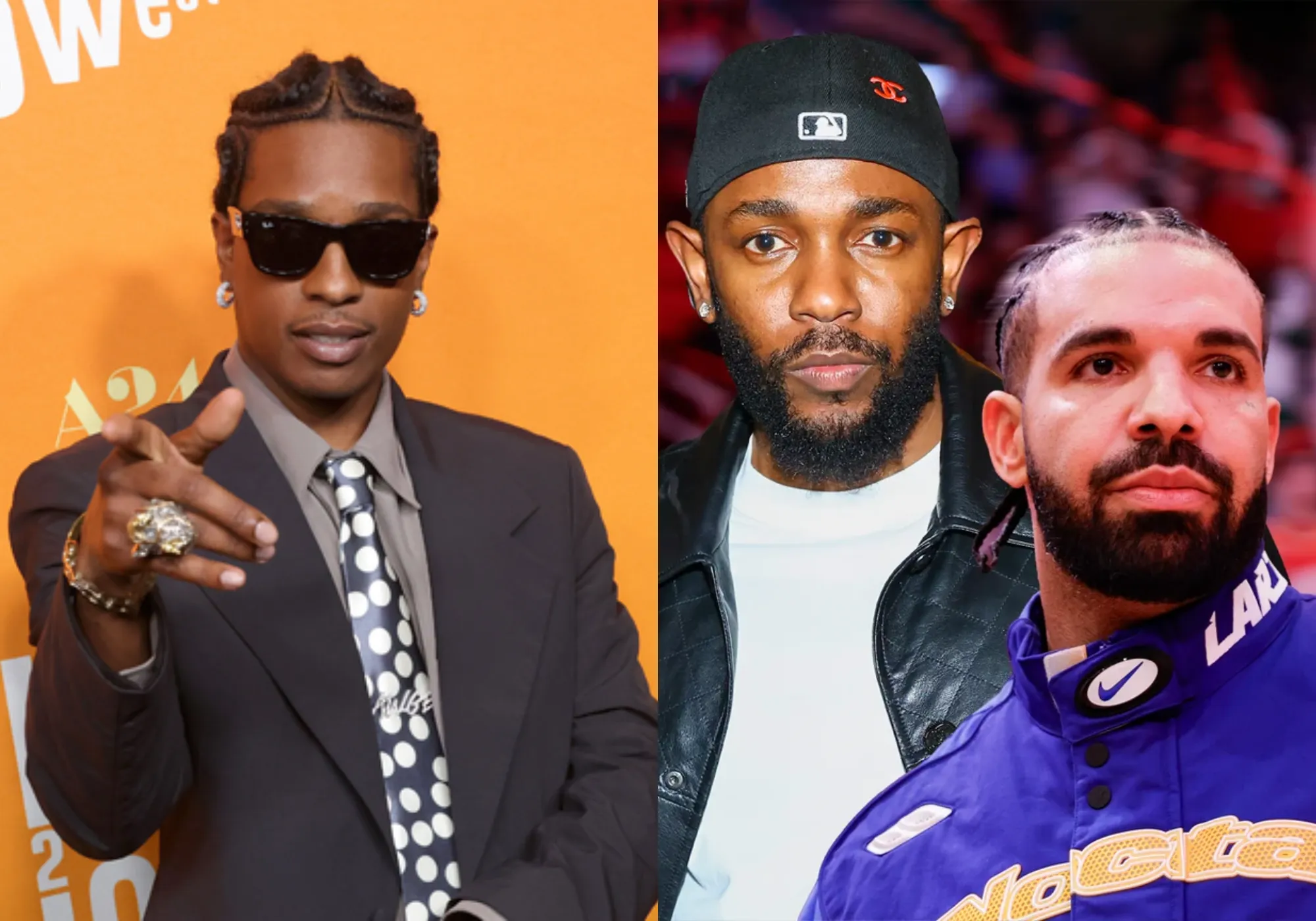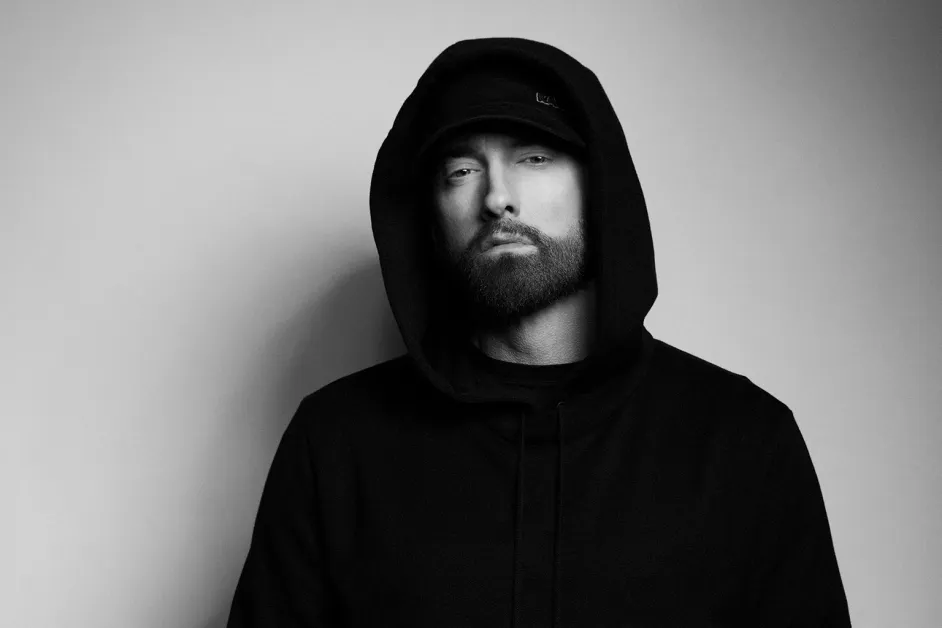
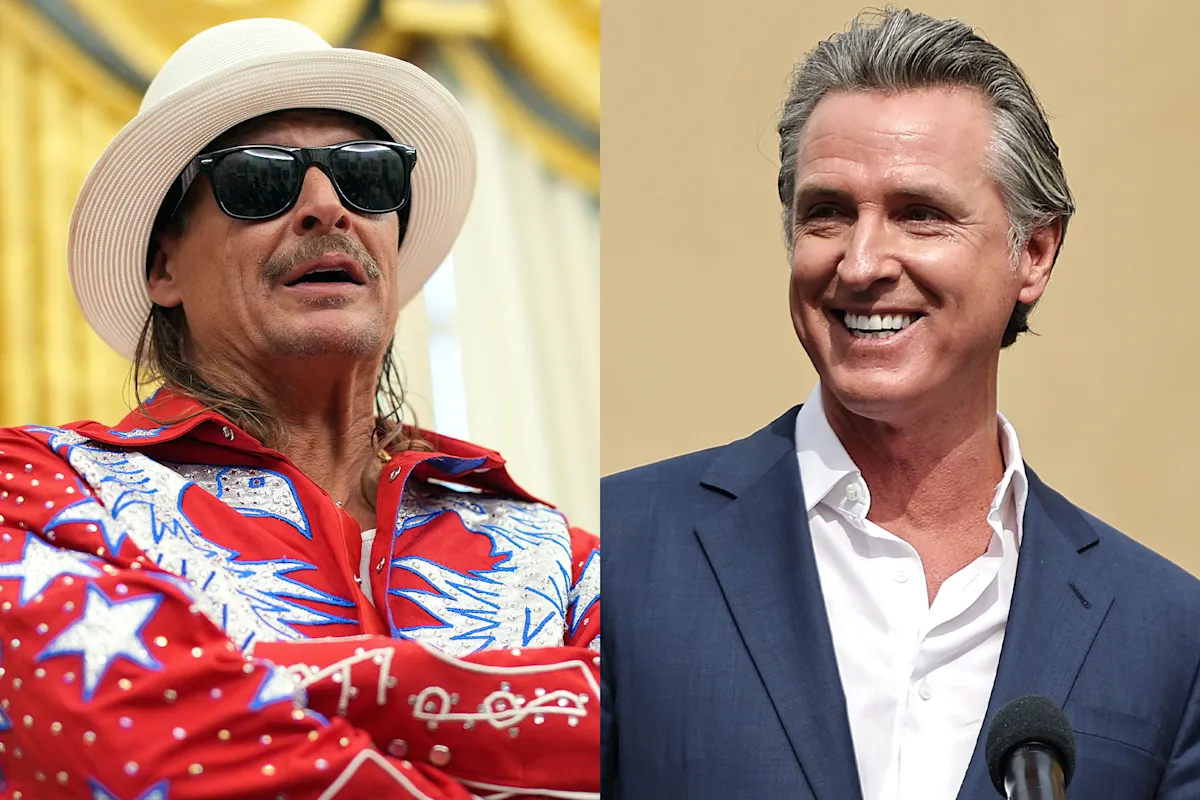
The feud between Gavin Newsom and Kid Rock is not over yet
The unlikely online feud between California Governor Gavin Newsom and musician Kid Rock has taken the internet by storm. What began as a satirical jab quickly spiraled into an exchange of sharp insults, sparking widespread discussion across social media platforms. While celebrity clashes and political figures trading words online are not entirely new, this feud has become particularly fascinating because of its unexpected pairing of a state leader and a rock star.
This article explores the timeline of the conflict, the nature of their remarks, and why this clash has captured so much attention.
How the Feud Began
The drama began when Gavin Newsom’s press office shared a satirical post that poked fun at Kid Rock. The parody image, styled like a meme, showed the musician in an Uncle Sam pose with the caption suggesting he wanted people to support Newsom. The post concluded with a bold “I ACCEPT!” signed with Newsom’s initials.
What seemed like a harmless attempt at humor immediately gained traction online. Supporters of the governor viewed it as clever satire, while critics saw it as unnecessarily provocative. The internet, however, saw it as pure entertainment—sparking curiosity about whether Kid Rock would respond.
Kid Rock Fires Back with Crude Humor
Kid Rock wasted little time before responding. On his official social media account, he shot back with a crude but attention-grabbing insult: “The only support Gavin Newsom will ever get out of me is from DEEZ NUTZ.”
The blunt remark fit Kid Rock’s outspoken and brash reputation, and within hours, it began trending. Fans of the musician cheered his boldness, while others criticized the insult as childish. Regardless of opinion, the comeback solidified the feud as something more than a one-off joke—it was now a full-on exchange of barbs.
Newsom’s Press Office Escalates the Fight
Rather than ignore Kid Rock’s response, Newsom’s press team decided to escalate the feud. Within a day, they released another bold post that read in all caps: “I HATE KID ROCK!!! – GCN.”
Not stopping there, they doubled down with another message: “HAS ANYONE NOTICED THAT SINCE I SAID ‘I HATE KID ROCK’ HE’S NO LONGER HOT?”
These posts took the feud to a new level, leaning into the theatrics of online trolling. Instead of traditional political language, Newsom’s team embraced meme culture and blunt humor, making the governor’s account appear more like a parody personality than a typical press office.
Why the Feud Feels Different
Clashes between public figures are common, but this one feels unique for several reasons:
-
Unexpected Pairing – The idea of a governor feuding with a musician as outspoken as Kid Rock is unusual and naturally grabs attention.
-
Meme-Like Strategy – Instead of carefully worded statements, Newsom’s posts resemble the meme-filled banter often seen in internet culture.
-
Crossover Appeal – By engaging with Kid Rock, Newsom’s office reached audiences beyond politics, including music fans and pop culture observers.
This blending of entertainment and governance has led some analysts to argue that online feuds are no longer simply jokes—they’re a way to stay relevant in an age where digital engagement often overshadows traditional press coverage.
The Role of Social Media in Escalating the Conflict
Without social media, this feud may never have existed. Platforms like X (formerly Twitter) and Instagram thrive on fast-moving, shareable content. Satirical images and biting one-liners spread quickly, amplifying even the smallest disagreements into major talking points.
For Newsom’s team, the satirical image served as a calculated move to draw attention. For Kid Rock, his unfiltered response reinforced his rebellious image. Social media not only gave them both a stage but also provided an audience eager for entertainment in the form of an escalating online spat.
Public Reactions to the Feud
The public reaction has been mixed but undeniably engaged. Many online users find the feud hilarious, treating it as a form of reality-show entertainment. Others question whether it is appropriate for a governor to trade insults with a musician in such a public manner.
Fans of Kid Rock have largely applauded his quick wit, while Newsom’s supporters argue that his satirical trolling highlights a clever understanding of modern communication. The feud has also been widely covered by news outlets, further fueling its spread.
What the Feud Reveals About Modern Culture
The Gavin Newsom and Kid Rock feud highlights broader themes in today’s culture:
-
Entertainment Politics: Serious figures often borrow strategies from the entertainment world to stay relevant.
-
The Power of Humor: Satire, parody, and even crude humor can command massive attention.
-
Blurring Lines: The line between pop culture and leadership has blurred, with both worlds influencing each other in unexpected ways.
This feud may be a small story in the bigger picture, but it reflects how quickly entertainment and leadership collide in the digital era.
Could the Feud Continue?
At this point, neither side has shown signs of stepping back. While Kid Rock’s latest response ended on a strong note, Newsom’s office has hinted at further engagement through its rapid-fire posts. Whether the feud fizzles out or continues depends on how both parties choose to handle the growing attention.
Given the fast-moving nature of online culture, new posts could appear at any moment, reigniting the back-and-forth and keeping the public entertained.
Lessons from the Newsom–Kid Rock Clash
There are a few takeaways from this unusual feud:
-
Humor Travels Fast – A well-crafted meme or insult spreads faster than formal press releases.
-
Celebrity Power Matters – Musicians and entertainers often have as much influence online as political figures.
-
Engagement Over Formality – Today’s audiences value authenticity, even if it means resorting to crude or exaggerated language.
For those observing, the feud is more than entertainment—it’s a case study in how online culture shapes public discourse.
Final Thoughts
The escalating online feud between Gavin Newsom and Kid Rock shows how unpredictable digital interactions can become. What started as a satirical image quickly transformed into a headline-making exchange of insults that continues to entertain the internet.
Whether people view it as humorous banter or unnecessary provocation, the feud has undeniably succeeded in drawing attention. It highlights the growing role of social media in shaping how leaders, celebrities, and entertainers connect with the public.
In the end, the most striking lesson may be this: in the age of digital communication, even the most unlikely figures can end up locked in a very public battle of words. And as long as the posts keep coming, audiences will be there, watching, laughing, and sharing.








